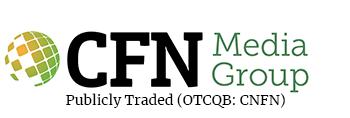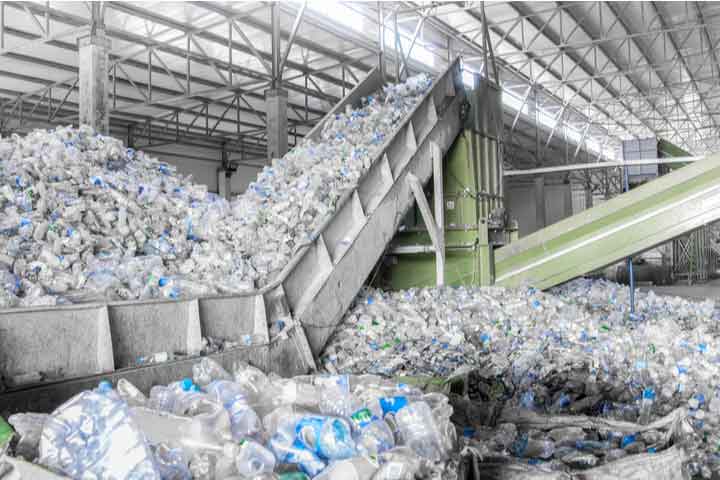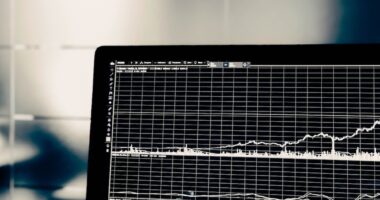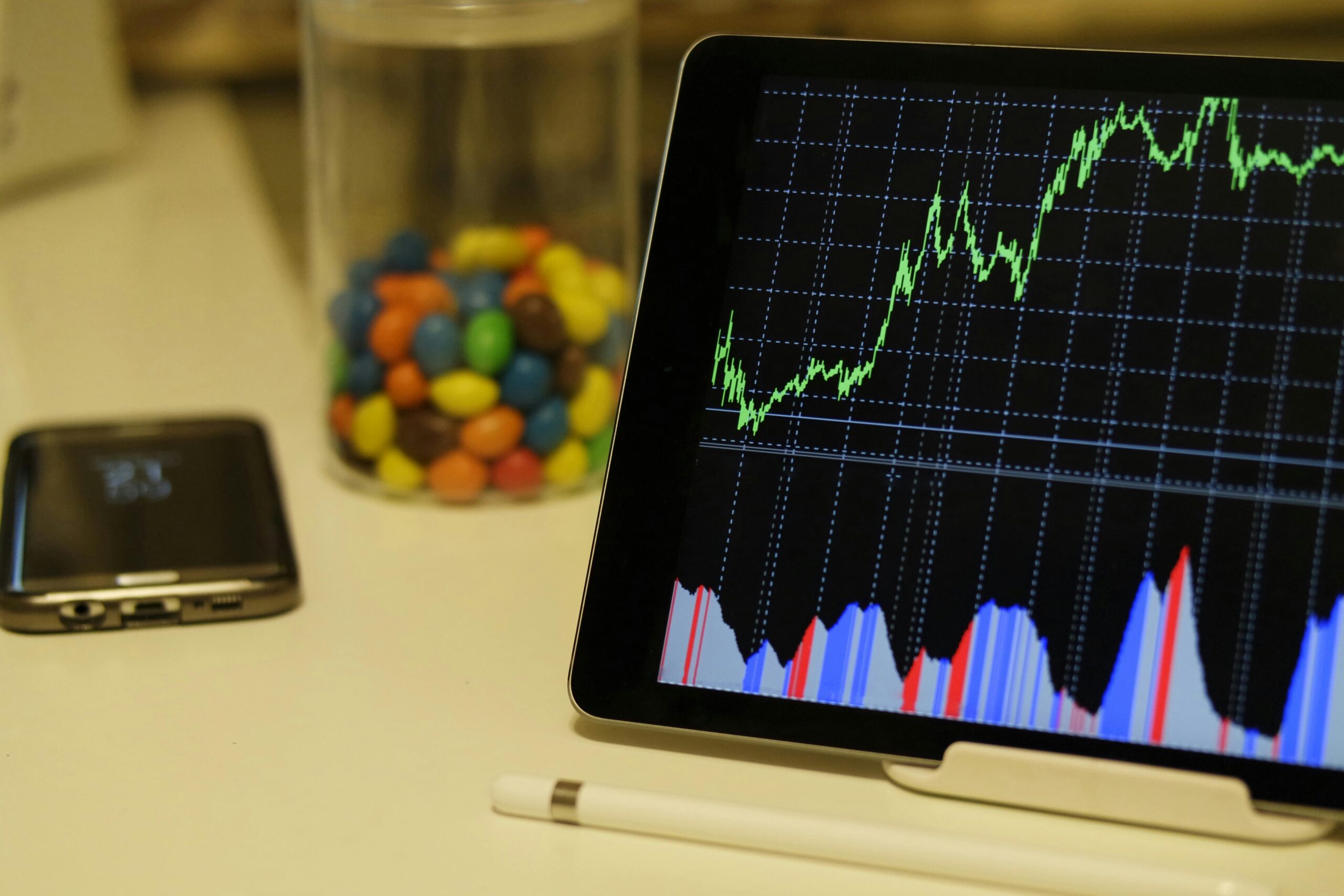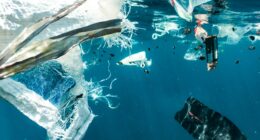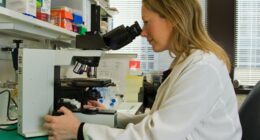Quite often when Westerners think of topics like climate change, the green economy, recycling, and net zero emissions, we think of the circumstances of our own economic and social environments. We frame our debates and possible solutions around the dynamics of the most advanced, industrialized nations in the world. But when talking about global issues and potential fixes, a much broader view may be required to produce the desired results. For instance, a plastic recycling technology that may be appropriate, based on scale or cost, for an urban area of North America may not be feasible in a country like India. Though India’s economy is the fifth largest in the world, its sprawling and still-developing infrastructure offers a very different set of problems for tech innovators to consider.
One company, Aduro Clean Technologies Inc. (CSE: ACT) (OTCQB: ACTHF) (FSE: 9D50), has developed a revolutionary plastic recycling technology with practical applications across the globe, from the poorest developing nations through the richest. Its Hydrochemolytic™ technology is a water-based system for upcycling all manner of plastics into fuels, specialty chemicals, and feed stock for further plastic applications. Here we will take a look at how Aduro’s advancements offer advantages over current plastic recycling technologies and why they are applicable in a wider variety of real-world environments.
Hydrochemolytic™ Features and Benefits
Current plastic recycling technology generally employs high heat to melt plastic, or requires intensive energy to feed machines that shred plastic into tiny bits before getting molded into new plastic feedstock. Neither process is very good at dealing with impurities from things like labels and food residue, the resulting plastic is often more expensive and lower quality than brand new plastic, and both approaches require extensive sorting of plastic types to make them work.
Overall, it’s a laborious process that requires large investments (both initial CAPEX and ongoing OPEX) and economies of scale to make them work. And yet, it’s estimated that as much as 80% of plastic currently produced is considered essentially unrecyclable. There is a marked disconnect between the lip service paid to reducing, reusing, and recycling plastic and the realities on the ground.
Aduro’s Hydrochemolytic™ solution offers some major advantages over the current recycling regimen. Perhaps chief among them is scalability. On any scale, Hydrochemolytic™ facilities are much less expensive to build and operate than current facilities. It’s a modular solution that can start small and expand as needed, all the while offering positive economics. It also operates at a much lower temperature than the current melting process, and greatly reduces emissions compared to conventional operations.
Hydrochemolytic™ upcycling can also be adjusted to create a number of outputs based on the feedstock being used and the market conditions and specific needs of each operator’s own unique environments. One customer may want to upcycle into ‘new’ polyethylene, while another may want to produce diesel fuel. Aduro can adapt as needed.
The fact that Aduro’s technology is adaptable to a wide range of both inputs and outputs is a major distinguishing feature. With a problem as big as the plastic recycling conundrum, there are certainly a variety of solutions in development. Most of these don’t appear to be as flexible as Aduro’s, but there are many niches and it will certainly take an ‘all of the above’ approach to actually solving the issues arising from ever expanding plastic production.
One of the most widely publicized solutions is being implemented by PureCycle Technologies Inc. (NASDAQ: PCT). PureCycle utilizes technology developed by Procter & Gamble to purify and recycle polypropylene waste plastic. Polypropylene, or #5 plastic, is commonly used for hard consumer packaging like shampoo bottles and motor oil containers. About 3% of polypropylene gets recycled, while around 5 billion tons of it is produced every year. It’s a major problem for sure. Still, polypropylene accounts for around 16% of global plastic production.
Once again, an ‘all of the above’ approach is needed to confront a global large-scale issue like plastic recycling. Solutions like PureCycle’s are a piece of the puzzle. Should a broader and more diverse technology like Aduro’s prove itself in the marketplace, it could turn out to be a much larger piece of the puzzle. There is, of course, a long way to go to get there.
Aduro’s Commercialization Path
Aduro has developed its technology from small scale lab experiments to its most recent continuous flow R2 Plastic Reactor. This is a small pilot-scale unit intended to prove the capabilities of Hydrochemolytic™ technology to potential customers. The company has an agreement with Switch Energy to build a larger pilot plant with capacity in the tons-per-day range. This unit will be used to process polyethylene, polypropylene, and polystyrene.
Aduro applied for and was accepted into the Shell GameChanger Program. The oil giant designed the program to partner with, invest in, and accelerate commercialization of technologies that can drastically impact the transition to net-zero emissions. Shell is helping Aduro produce sustainable Naptha Cracker feedstock, the basis for many plastic formulations, from polypropylene, polyethylene, and polystyrene.
In short, Aduro is currently in the process of aggressively commercializing its Hydrochemolytic™ technology, and the results and implications could be far-reaching. For example, the company will be attending the Uttar Pradesh Global Investors Summit in Lucknow, India. Uttar Pradesh is the most populous state in India, which in turn is the second most populous country in the world. The summit is organized by the Uttar Pradesh government and is designed to forge partnerships and business opportunities with global participants. India is committed, as are many governments around the world, reducing both carbon dioxide emissions and plastic waste. Lacking infrastructure and technology capable of tackling the problem, plastic waste per capita in the country has almost doubled in the last five years.
Scalable, affordable, effective, and clean solutions like Aduro’s Hydrochemolytic™ platform could play a large role in transforming our global economy into a much more environmentally friendly and sustainable version of itself. Look for news of further developments, both technical and commercial, from Aduro over the coming quarters.
